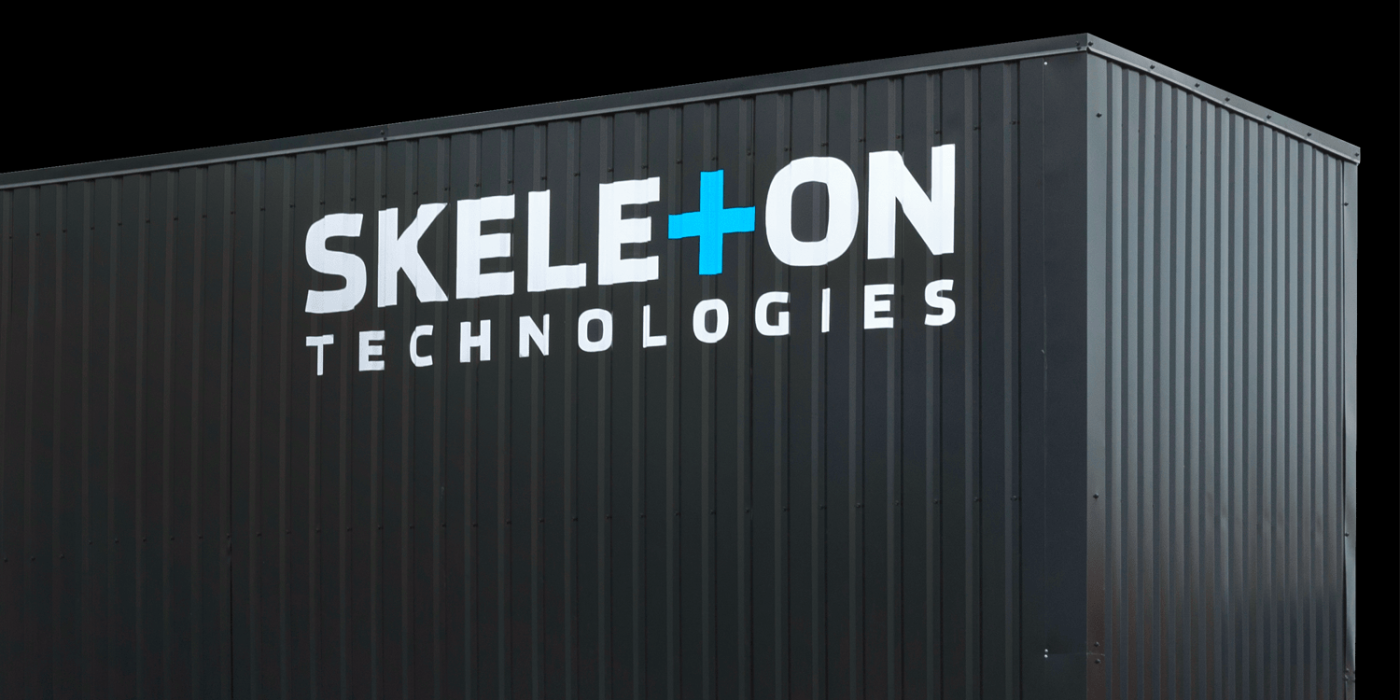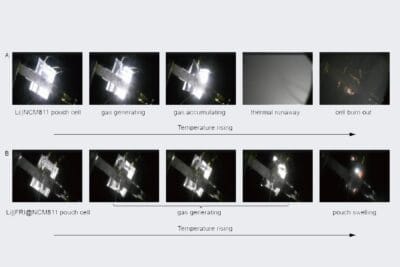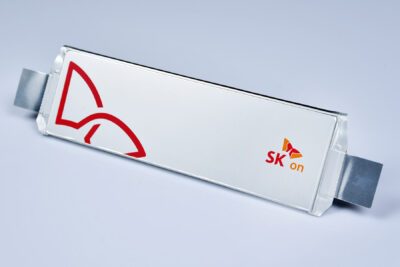Siemens invests in Skeleton Technologies
The energy storage manufacturer from Estonia raised 108 million euros in its latest round of financing – from Siemens, existing investor Marubeni and Brazilian mining company CBMM, among others. The partners do not disclose how high Siemens’ share was. In this respect, it is only clear that Siemens has taken a stake in Skeleton, but not to what extent.
The new round brings the total investment in Skeleton Technologies to over 300 million euros. The company plans to use the capital from the current, so-called E1 financing round to “accelerate the development of next-generation products and finance the manufacturing expansion for supercapacitors and the company’s new high-power battery technology – the SuperBattery,” Skeleton says in an accompanying statement.
The “SuperBattery” is a new generation of ultracapacitors based on Skeleton’s patented “Curved Graphene” carbon material. The battery can transfer ultracapacitors’ high performance and long service life to a graphene battery. Due to their low energy density, graphene batteries are not suitable as traction batteries (Skeleton states 60 Wh/kg). However, since the “SuperBattery” can be charged in only 15 seconds and is said to survive hundreds of thousands of deep discharge and charge cycles, it can serve as a buffer for peak power loads for charging and discharging in combination with a lithium-ion battery. Since these are usually the most demanding tasks for traction batteries, the buffer battery could be used to make the cooling system smaller.
Although Skeleton comes from Estonia, it has a production site in Germany in Großröhrsdorf near Dresden and is currently building a large supercapacitor plant in Markranstädt near Leipzig with the help of Siemens. Siemens is primarily responsible for automating and digitising the planned factory. Production is scheduled to start at the end of 2024, and output is expected to be up to twelve million cells per year. That would give the factory “40 times more output than the company’s existing site in Großröhrsdorf, Germany,” Skeleton informs.
“Securing an investment from one of Europe’s largest tech companies is a significant milestone for Skeleton. In addition to SFS’ investment, Siemens is also a key partner, supplier, and customer,” says Taavi Madiberk, CEO and co-founder of Skeleton Technologies. “Their expertise in industrialisation and commercial partnerships will propel our growth and solidify our role in leading the energy transition.” With the involvement of Siemens and Marubeni Corporation, Skeleton can “enhance global outreach, backed by two industrial powerhouses from Europe and Asia.”
“Siemens has a long-standing relationship with Skeleton, recently signing a cooperation agreement to digitise supercapacitors production with our Manufacturing Operations Management System. We’re pleased to deepen this partnership by investing in their expansion and the development of advanced battery technologies,” says Steffen Grosse, CEO of Equity Finance at SFS. “Our goal is to support innovative technologies for a sustainable future, and Skeleton aligns perfectly with this vision, having developed cutting-edge high-power, fast-charging technologies. Therefore, we are thrilled to invest in Skeleton and help building a robust battery ecosystem in Europe.”





0 Comments